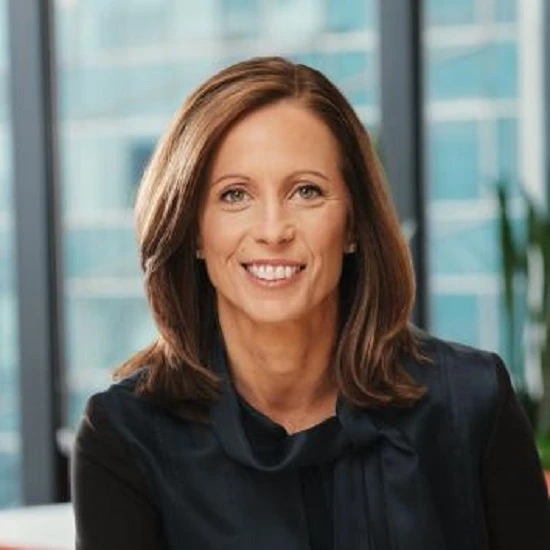Exchange heads call for level playing field amid US regulatory shift
1st October, 2025|Radi Khasawneh

The heads of the major US exchanges have taken aim at a Commodity Futures Trading Commission (CFTC) ruling, saying the ability to list instruments by “self-certification” risks creating an uneven regulatory environment.
Speaking to an event at the Securities and Exchange Commission (SEC) office in Washington on Monday, CME Group chief executive Terry Duffy said efforts to align regulation between the CFTC and the SEC need to focus on clarity around new products.
“In order to get efficiencies throughout organisations, we need efficiencies within our own regulators,” Duffy said on a panel. "Once we can get a streamlined process where we all know the rules of the road, it will be much easier for the participants.
“I think the worst thing to have happened… is to allow a product out the gate and then have the participants going at it in a certain direction and then all of a sudden there is a change either at the regulator or somewhere else where they have to pull back, relocate, bring it into a different regulatory environment. That is very disruptive for innovation.”
He referenced the CFTC's controversial self-certification process which allows regulated venues to list products without prior approval.
“One day self-certification is a great example of this – it is not an approval, it is not an objection,” he added. “There are two different things from that and so a lot of the people participating in products do not understand that. So if we want our markets to grow and become more efficient you better make sure participants understand that as much as the agencies do, as much as the institutions and the platforms do.”
Also speaking on the panel, the chief executive of Cboe Global Markets said there is confusion about which products should be regulated by which agency.
“We see security-based products that are being traded as though they were futures, and subject to CFTC jurisdiction,” Craig Donohue said. “So we have event contracts for example that are on pace to trade probably more than 100 million contracts in 2025, that are based on the S&P 500, it is hard to reconcile how those are – both in legal definition and also economically – a security product that belongs on an SEC regulated exchange. Those are the kinds of issues that need to be more promptly adjudicated by the two commissions.”
Adena Friedman, chief executive of Nasdaq, said a rethink of the way oversight is managed would be positive for the market.
“What we would strongly encourage is a concerted effort across the agencies to come up with a clear outcome-oriented regulatory framework that is harmonised across the agencies,” Friedman (pictured) said.
“One concept we have is the idea of having both agencies come up with what we call a platform construct. So that we would a similar regulatory oversight of a platform regardless of what asset class is traded on it, and then each of the agencies would have regulatory oversight over specific asset classes and products.”


